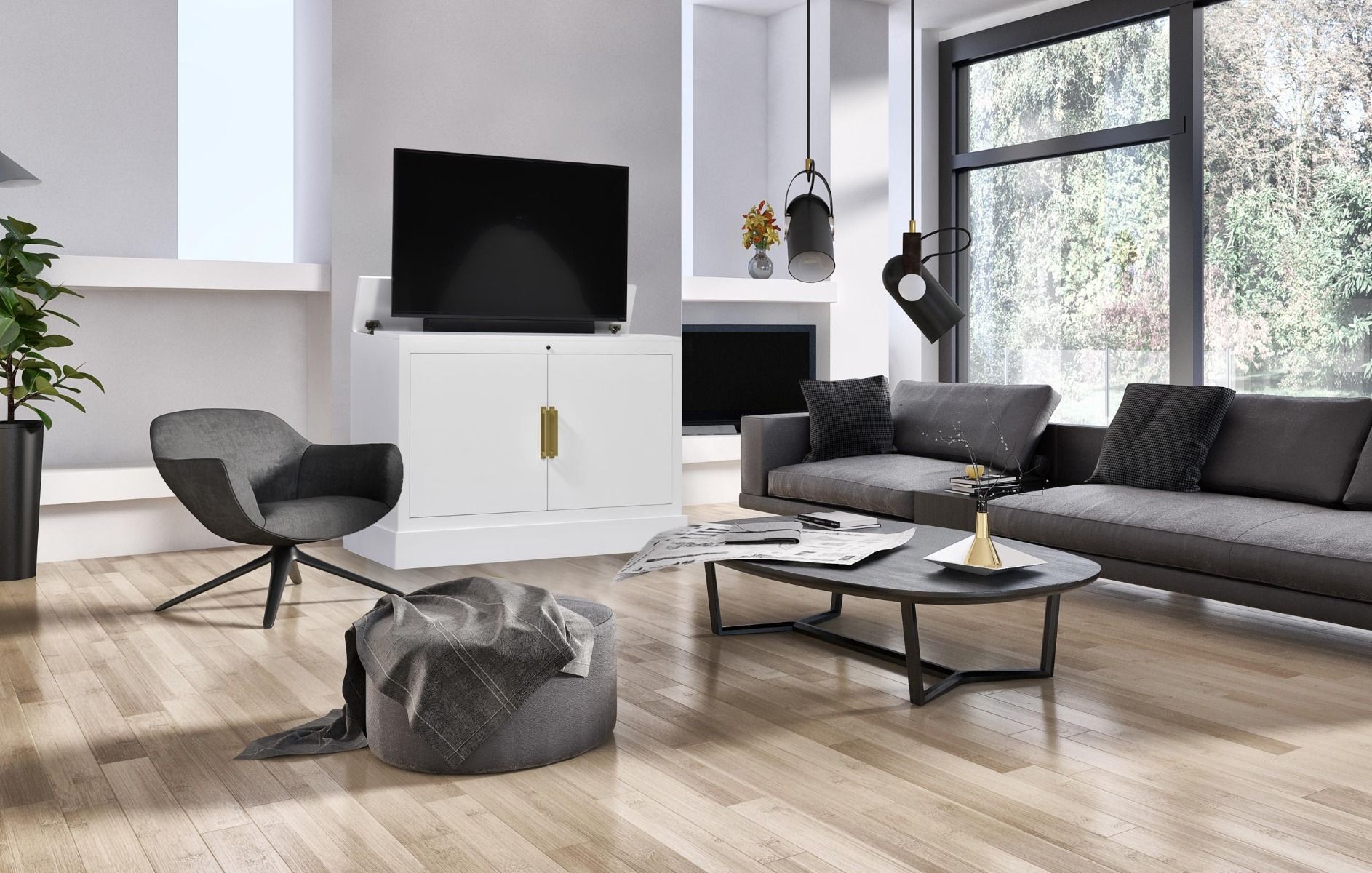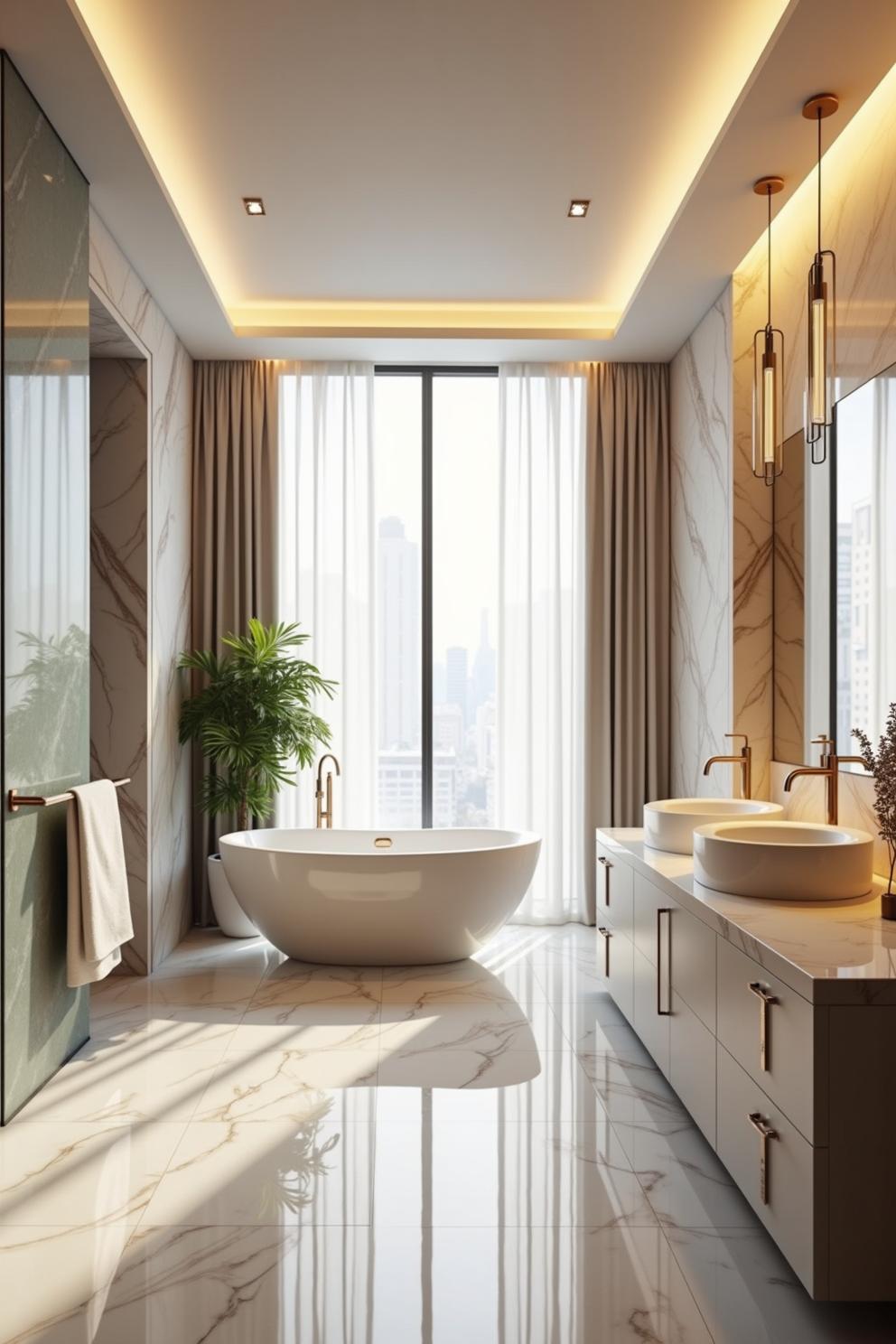Last updated on
Carbon filters trap pollutants, removing them from the air. You need them to improve your home’s air quality.
Having a clean and safe living environment is essential for your health and well-being. But, it’s not always easy to achieve this goal without the help of some extra tools.
One such tool that you may want to consider investing in is a carbon filter. A carbon filter can help keep the air in your house free from pollutants and other harmful particles, creating a safer living space for you and your family.
But what exactly is a carbon filter? How does it work? And why do you need one in your home?
In this blog post, we’ll answer all these questions as well as provide tips on how to choose the right type of carbon filter for your needs.
We’ll also discuss some of the benefits associated with using a carbon filter so that you can make an informed decision about whether or not this product is right for you.
So, whether you’re looking for a way to make your living space healthier or just curious about carbon filters and their uses, here’s everything you need to know:
How Do Carbon Filters Work?
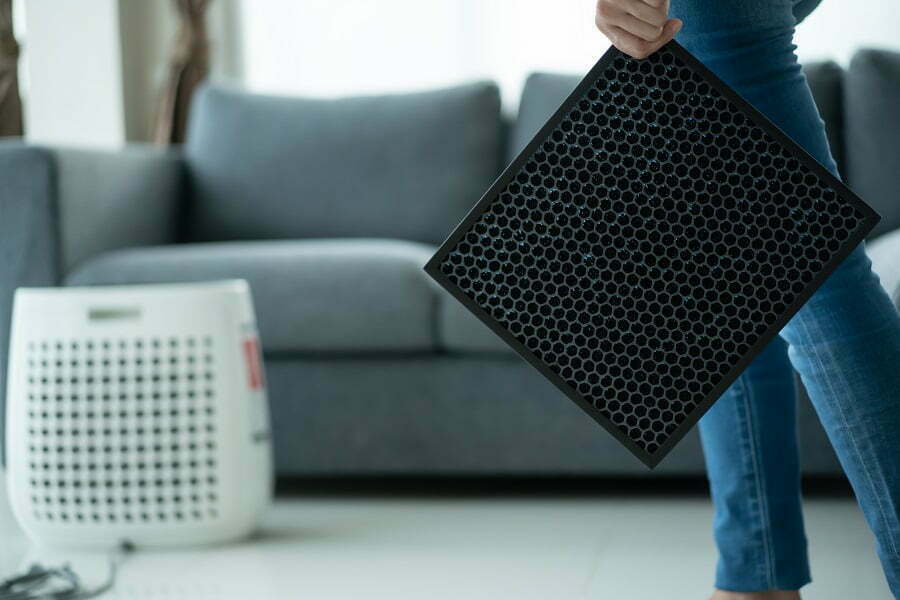
Carbon filters are an essential tool for improving the air quality in your home or workplace. They work by trapping harmful particles and pollutants from the air, such as dust, bacteria, and odors.
The filter contains activated carbon which has been treated with oxygen to increase its surface area and create tiny pores that can adsorb a variety of airborne contaminants.
When air passes through the filter, these particles become stuck in the carbon pores and are removed from circulation. This process is known as adsorption, which is different from absorption where liquids are taken into something else.
Carbon filters also contain other materials like zeolites which help remove gaseous molecules like formaldehyde or ammonia from circulating in your living space.
By using a combination of both physical filtration and chemical processes, carbon filters provide superior air purification results compared to other methods such as HEPA (High-Efficiency Particulate Air) filtration systems alone.
What Types of Carbon Filters Are Available?
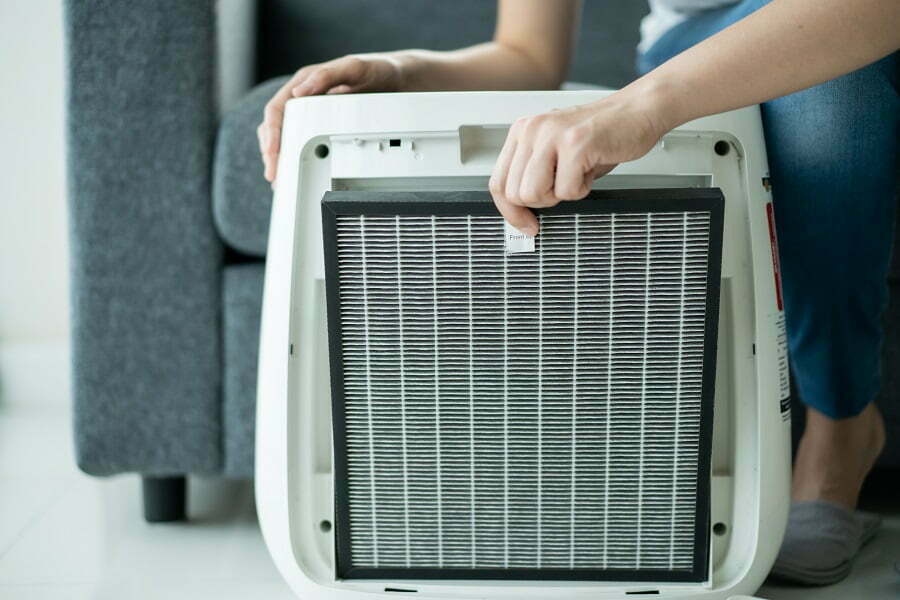
The type of carbon filter you choose will depend on your specific needs. There are several different types of filters available, ranging from charcoal filters to activated carbon filters.
Charcoal filters are the most basic and widely used form of carbon filtration. They use a porous material made up of charcoal that traps pollutants and particles as air passes through it.
Activated carbon filters take this one step further by using a more advanced form of charcoal that has been treated with oxygen to increase its surface area and adsorptive capacity.
Other types of carbon filters include granular activated carbon (GAC) which is made up of large pieces or granules that can trap larger particles such as dust mites; catalytic carbon filters which use a chemical catalyst to break down volatile organic compounds (VOCs) like formaldehyde and benzene; and carbon block filters which are made up of compressed activated carbon that can capture smaller particles like smoke, fumes, and odors.
Depending on your needs, you may find that one type of filter is best suited to your specific environment. For example, if you’re looking for a filter to use in an area where there may be high levels of formaldehyde or other VOCs present, then a catalytic carbon filter would be the ideal choice.
On the other hand, most carbon filters for home use will have a combination of different materials to provide comprehensive air purification. They also typically contain small amounts of other materials such as silver to provide additional benefits.
What Are the Benefits of Using a Carbon Filter?
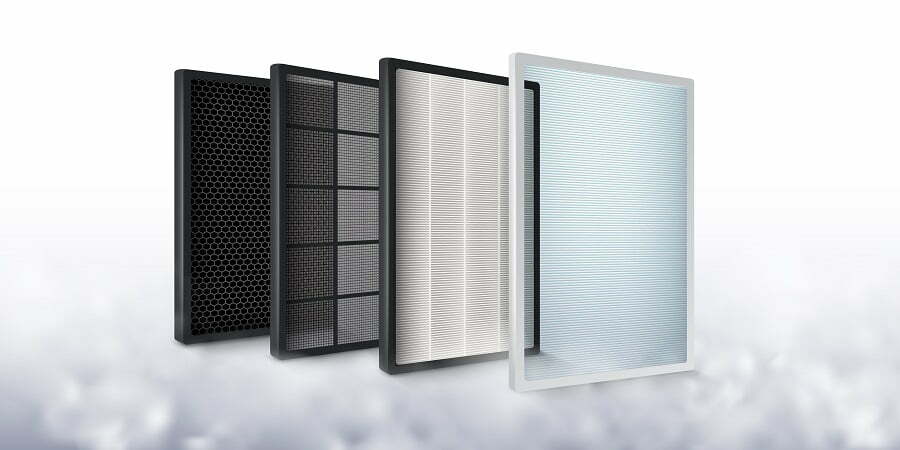
Using a carbon filter can offer many benefits, from improved indoor air quality to reduced energy costs. Here are just a few:
Improving Air Quality
Carbon filters can help improve indoor air quality in several ways. First of all, as mentioned before, it traps larger particles like dust mites using granular activated carbon (GAC) filters.
And since it also can absorb gaseous molecules like formaldehyde, it can reduce the risk of exposure to these chemicals.
Reducing Energy Costs
Investing in a carbon filter can also reduce energy costs. This is because it increases airflow and reduces the amount of time that your HVAC system needs to run to maintain comfortable temperatures.
This, in turn, helps lower energy bills. Depending on the size of your HVAC system and the type of filter you use, energy savings can range from 4-20%. While it may not seem like much, over time these savings can add up.
Health Benefits
Since carbon filters help reduce the presence of toxins, allergens, and other pollutants in your air, they can offer long-term health benefits.
Studies have suggested that using a carbon filter can improve respiratory health, reduce the risk of asthma or allergy attacks, and even reduce headaches or migraines.
And if you add other materials like silver to the filter, you can also reduce airborne bacteria and mold spores as well. This is particularly helpful if you have allergies or asthma and struggle with indoor air quality.
Low Maintenance Requirements
The best part is that carbon filters require very little maintenance and can last a long time. All you have to do is occasionally change the filter when it becomes clogged with dust, dirt, or other particles. This means that once installed, you won’t have to worry about much else until it comes time for a replacement. This makes them an ideal choice for those who want an easy-to-maintain air filtration system.
Remove Odors
Last, but not least, carbon filters are also highly effective at removing odors from the air. Whether it’s pet odors, cigarette smoke, or cooking smells, carbon filters can trap these molecules and leave your home smelling fresh and clean.
And the best thing is that it can be done without the use of harsh chemicals. Carbon is a natural odor absorber, so you don’t have to worry about any harmful side effects.
As you can see, there are many benefits to using a carbon filter in your home or business. From improved air quality to health benefits and energy savings, these filters offer a cost-effective way to purify your indoor environment.
So if you’re looking for an effective solution for improving your indoor air quality, consider investing in a carbon filter today. Even though it’s an upfront cost, the long-term benefits are worth it.
Recap


